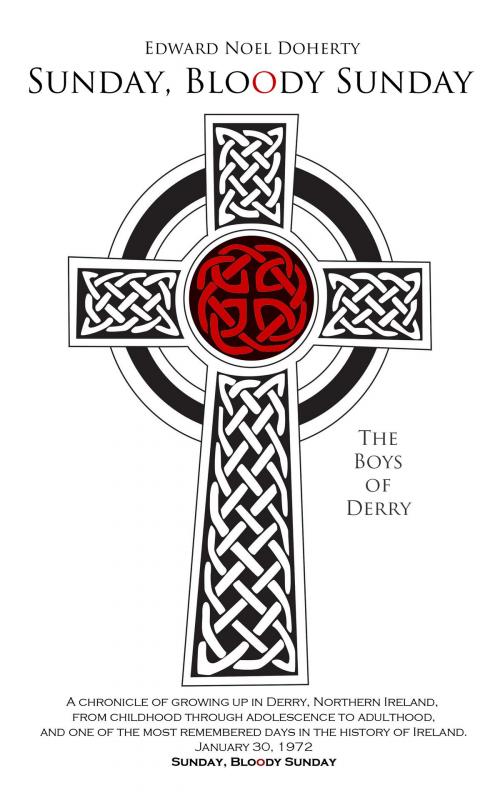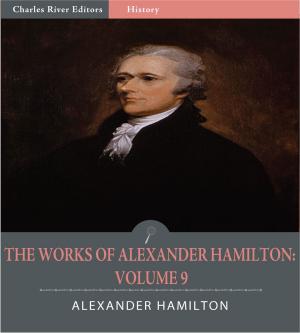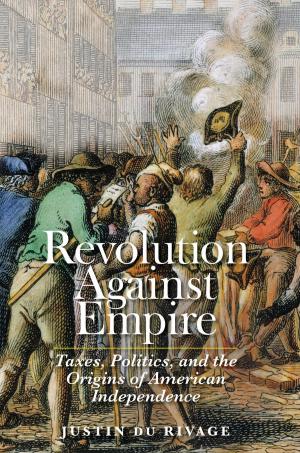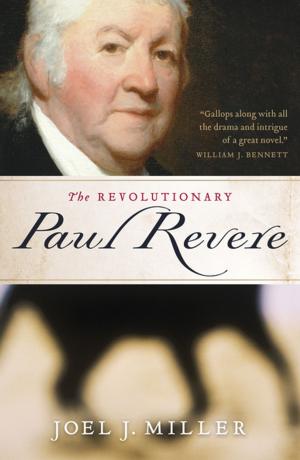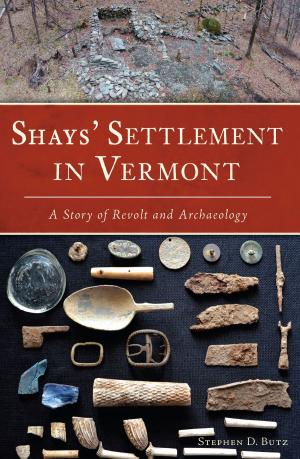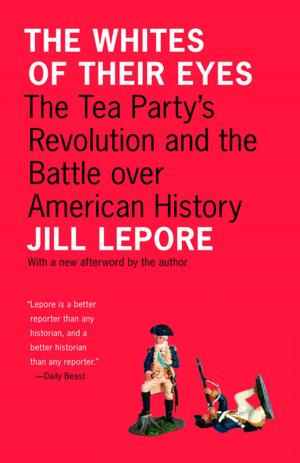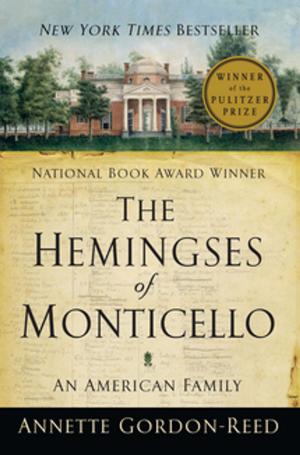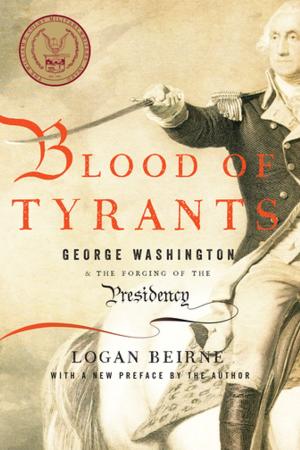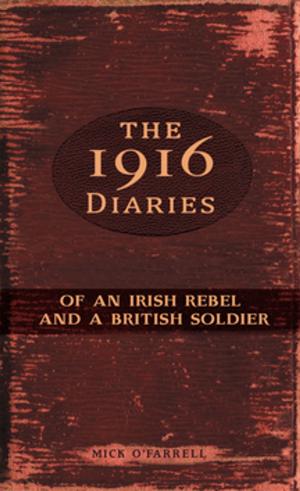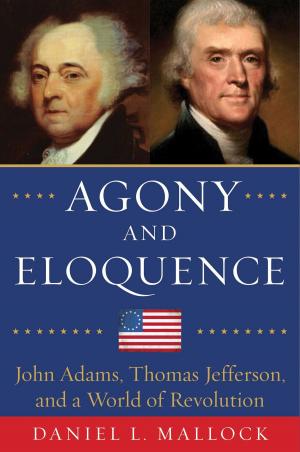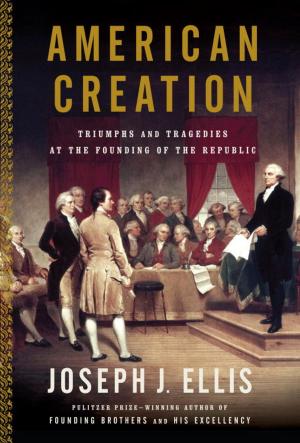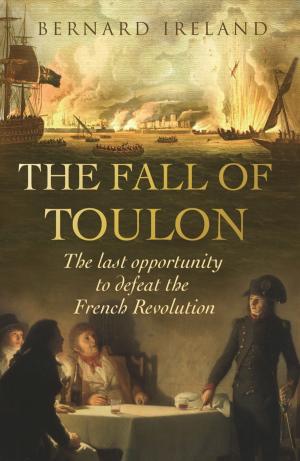| Author: | Edward Noel Doherty | ISBN: | 1230000203749 |
| Publisher: | thesundayco | Publication: | October 1, 2013 |
| Imprint: | Language: | English |
| Author: | Edward Noel Doherty |
| ISBN: | 1230000203749 |
| Publisher: | thesundayco |
| Publication: | October 1, 2013 |
| Imprint: | |
| Language: | English |
A Chronicle of growing up in Derry, from childhood through adolescence, to adulthood and one of the most remembered days in the history of Ireland, January 30, 1972 - Sunday, Bloody Sunday.
It is the 1960's in Derry, Northern Ireland.
Eddie and his friends are enrolled in Catholic School, under the merciless care of Brother Mac. Inside the school the rules are strict, and outside the school there are rules as well.
Different rules, scrappy, and managed by the boys themselves.
Poverty and restlessness surrounds them all, and the governments that rule over them are brawling just as much as the boys.
The reality of living in the Bogside as young Irish adults continues, with the unremitting tendrils of competing ideologies creeping into the corners of their lives. Street barricades continue to arise, and stones continue to pelt the authorities, amid a growing faction of men who believe bullets and bombs are the needed push back against the weaponry of the police and soldiers.
The governments are ineffectual, and escalating conflicts between competing beliefs continue to affect everyone in the Bogside. Between the various factions of ideology and their Irish historical past, there is a day that is coming to meet them in their late adolescence, which will usher in their adulthood with a shocking finality.
A WORD FROM THE AUTHOR
I write this as much in hope as expectation. But, I have the conviction that hope sustains people and allows us to enjoy the beauty of life while empowering us to endure all that is bleak and difficult.
I have written a story straight from my heart about ordinary people caught up in the web of their own history, and drawn into a series of extraordinary circumstances. Their tale is about innocence turned to bitter experiences, faith challenged by suffering, and the magic of the human spirit and the natural world driven underground by brutal force.
But, this is not a tale of despair or destruction. It is about the ability of individuals and communities to survive when faced with hardship, violence, and social upheaval. It is about family ties and happiness, along with the realization that change and death are inevitable. It reveals institutional and personal oppression and exploitation tempered by personal growth and acceptance.
It spins a web about the magic of nature and the spirit world and its place in our imaginations. It is a story about the world of men who are sustained and anchored by the women who love them.
It explains the circumstances and provocations that push those who lack hope into the despair of violence and terrorism. It portrays those who are determined to fight injustice without becoming part of the evil they are struggling against.
It emphasizes the need for traditional enemies to forgive and reconcile. It reveals love and its ability to change lives and allow us to see the world as a bright place, even when we are confronted and confused by darkness.
I write this in the hope that you will read this story and see in it all that I have mentioned above… and more.
NOEL DOHERTY
REGARDING THE GEOGRAPHY AND HISTORY
Since the book is geographically and historically accurate, the reader can increase their enjoyment of the story by following the events on Google Earth.
As you read, you can look up the places where the events took place. Maps of Northern Ireland and County Donegal are available. Pictures of Grianan of Aileach, the Walls of Derry, Free Derry Corner, Saint Columb’s Cathedral, Colonel Walker’s Pillar, Creggan, the Brandywell, the Bogside, the Waterside, the Guildhall, QUB, and etcetera are readily available.
Look for the small towns and villages of Buncrana, Muff, Bridgend, Dungiven, Prehen, Portrush, Bushmills, Kilmacrennan, Letterkenny, Malin Head, and others.
The pubs mentioned in the story are worth a look:
Look for The City Hotel, Badger’s Place, Peadar O’Donnell’s, The Clarendon Inn, The Bogside Inn, The Railway Tavern, and The Stores.
In Belfast, look for The Europa Hotel (the most frequently bombed hotel in the world), The Crown Bar, and The Beaten Docket.
Other places of interest are The Derry and Belfast Murals, The Monument to Bloody Sunday, and The City of Derry Castle Museum.
Find your own special areas of interest while you read, and enjoy. Thank you for reading Bloody Sunday and its sister book, A Decade of Conflict.
NOEL DOHERTY
A Chronicle of growing up in Derry, from childhood through adolescence, to adulthood and one of the most remembered days in the history of Ireland, January 30, 1972 - Sunday, Bloody Sunday.
It is the 1960's in Derry, Northern Ireland.
Eddie and his friends are enrolled in Catholic School, under the merciless care of Brother Mac. Inside the school the rules are strict, and outside the school there are rules as well.
Different rules, scrappy, and managed by the boys themselves.
Poverty and restlessness surrounds them all, and the governments that rule over them are brawling just as much as the boys.
The reality of living in the Bogside as young Irish adults continues, with the unremitting tendrils of competing ideologies creeping into the corners of their lives. Street barricades continue to arise, and stones continue to pelt the authorities, amid a growing faction of men who believe bullets and bombs are the needed push back against the weaponry of the police and soldiers.
The governments are ineffectual, and escalating conflicts between competing beliefs continue to affect everyone in the Bogside. Between the various factions of ideology and their Irish historical past, there is a day that is coming to meet them in their late adolescence, which will usher in their adulthood with a shocking finality.
A WORD FROM THE AUTHOR
I write this as much in hope as expectation. But, I have the conviction that hope sustains people and allows us to enjoy the beauty of life while empowering us to endure all that is bleak and difficult.
I have written a story straight from my heart about ordinary people caught up in the web of their own history, and drawn into a series of extraordinary circumstances. Their tale is about innocence turned to bitter experiences, faith challenged by suffering, and the magic of the human spirit and the natural world driven underground by brutal force.
But, this is not a tale of despair or destruction. It is about the ability of individuals and communities to survive when faced with hardship, violence, and social upheaval. It is about family ties and happiness, along with the realization that change and death are inevitable. It reveals institutional and personal oppression and exploitation tempered by personal growth and acceptance.
It spins a web about the magic of nature and the spirit world and its place in our imaginations. It is a story about the world of men who are sustained and anchored by the women who love them.
It explains the circumstances and provocations that push those who lack hope into the despair of violence and terrorism. It portrays those who are determined to fight injustice without becoming part of the evil they are struggling against.
It emphasizes the need for traditional enemies to forgive and reconcile. It reveals love and its ability to change lives and allow us to see the world as a bright place, even when we are confronted and confused by darkness.
I write this in the hope that you will read this story and see in it all that I have mentioned above… and more.
NOEL DOHERTY
REGARDING THE GEOGRAPHY AND HISTORY
Since the book is geographically and historically accurate, the reader can increase their enjoyment of the story by following the events on Google Earth.
As you read, you can look up the places where the events took place. Maps of Northern Ireland and County Donegal are available. Pictures of Grianan of Aileach, the Walls of Derry, Free Derry Corner, Saint Columb’s Cathedral, Colonel Walker’s Pillar, Creggan, the Brandywell, the Bogside, the Waterside, the Guildhall, QUB, and etcetera are readily available.
Look for the small towns and villages of Buncrana, Muff, Bridgend, Dungiven, Prehen, Portrush, Bushmills, Kilmacrennan, Letterkenny, Malin Head, and others.
The pubs mentioned in the story are worth a look:
Look for The City Hotel, Badger’s Place, Peadar O’Donnell’s, The Clarendon Inn, The Bogside Inn, The Railway Tavern, and The Stores.
In Belfast, look for The Europa Hotel (the most frequently bombed hotel in the world), The Crown Bar, and The Beaten Docket.
Other places of interest are The Derry and Belfast Murals, The Monument to Bloody Sunday, and The City of Derry Castle Museum.
Find your own special areas of interest while you read, and enjoy. Thank you for reading Bloody Sunday and its sister book, A Decade of Conflict.
NOEL DOHERTY
